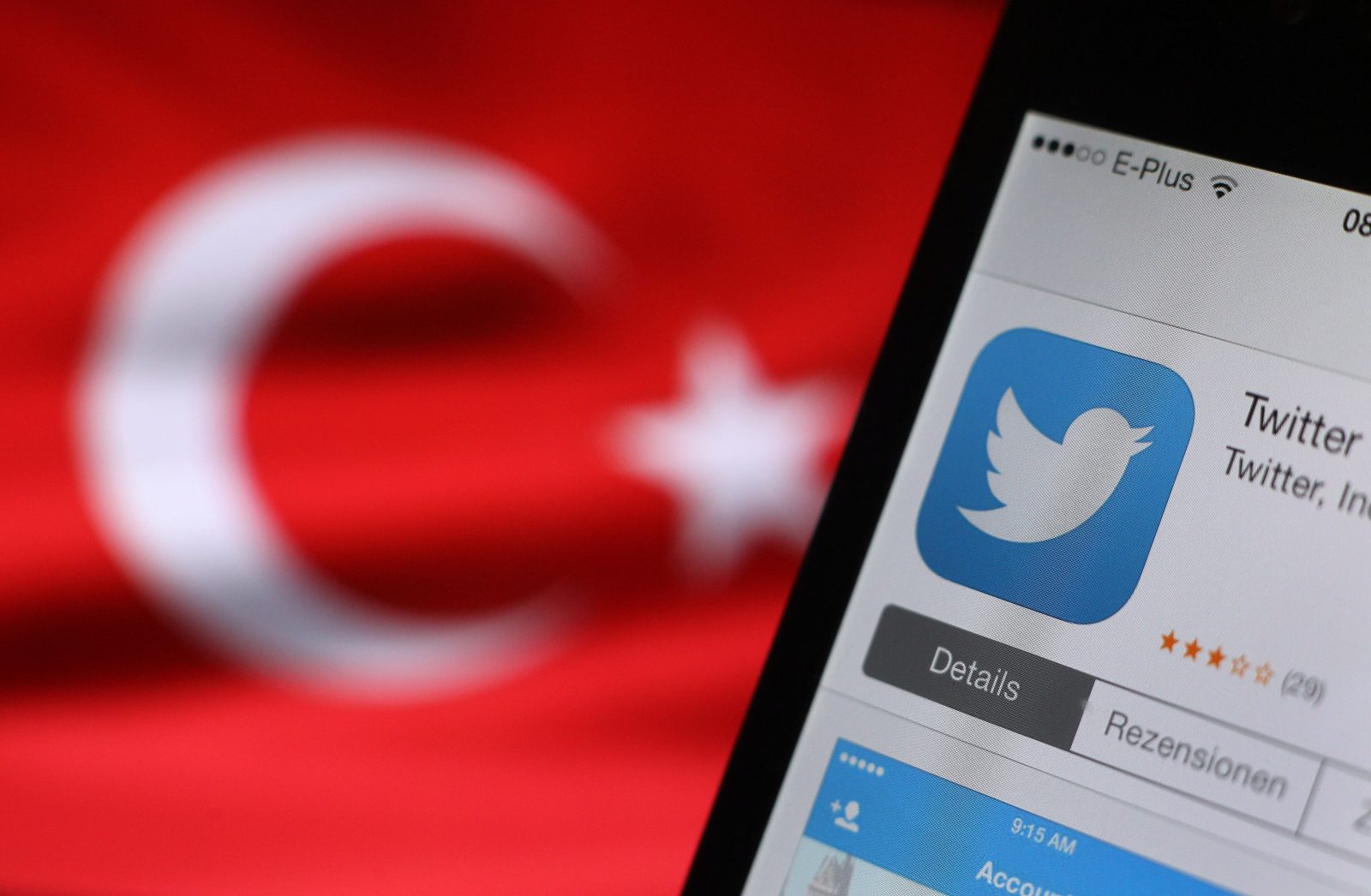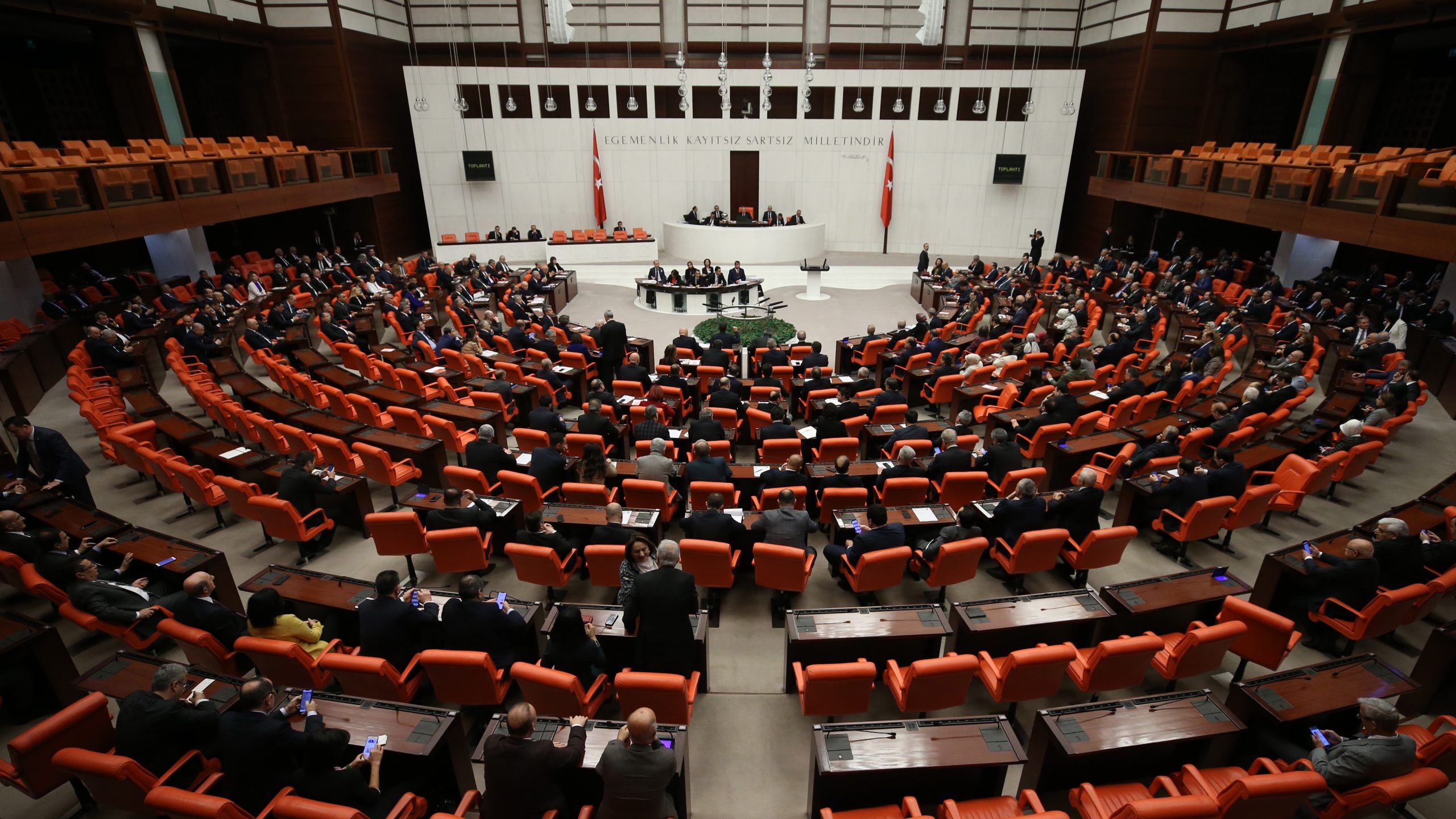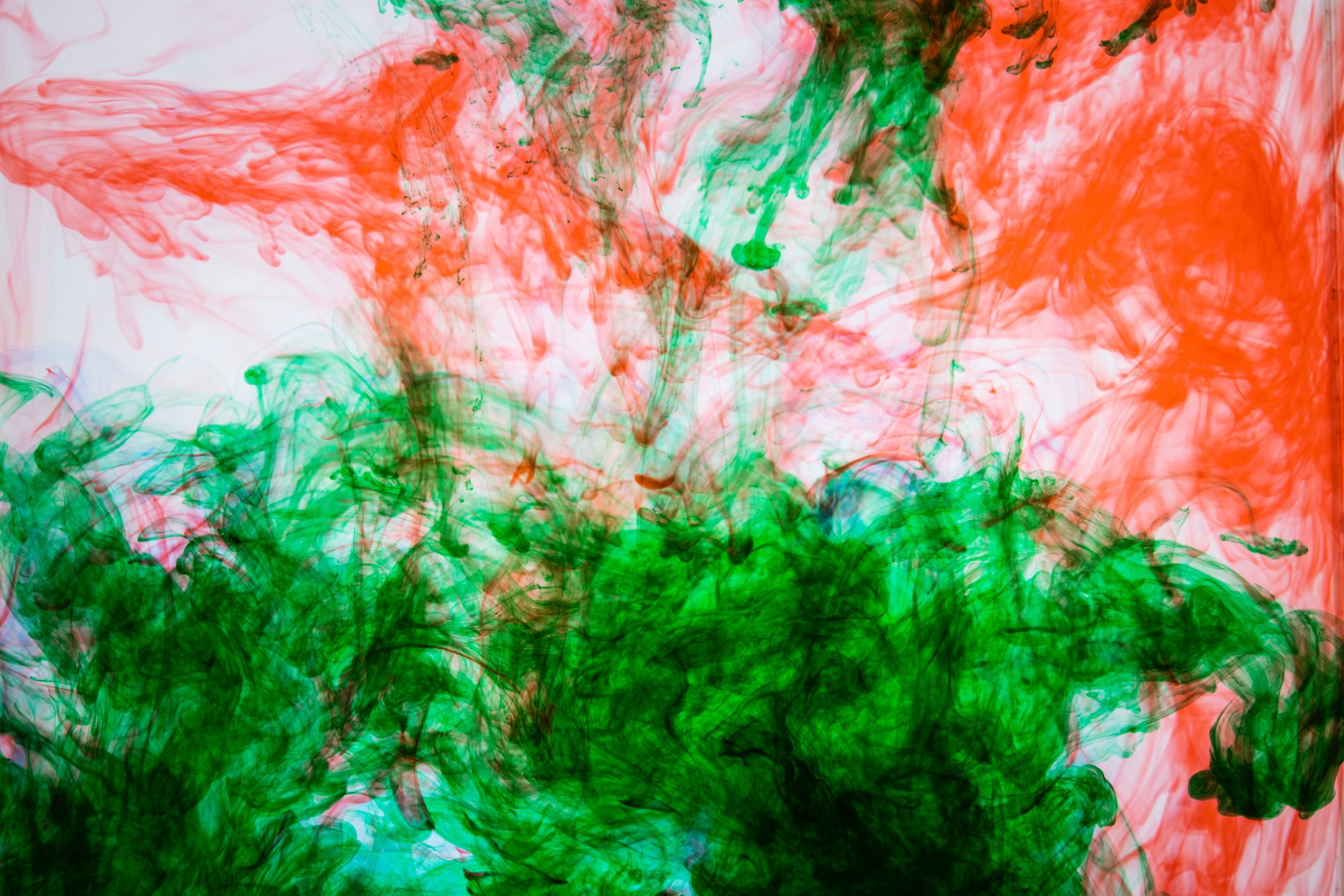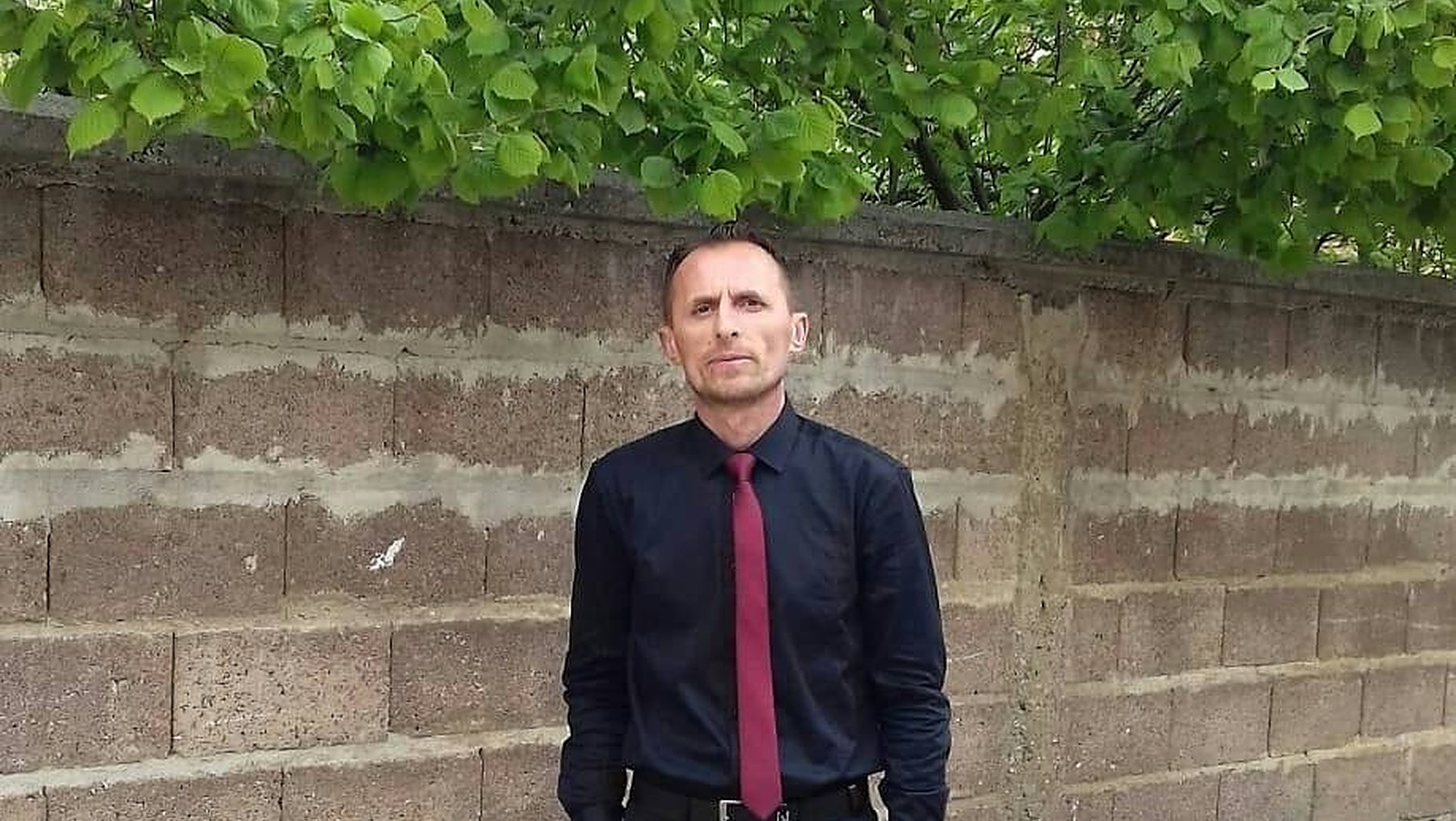Istanbul’s Prosecutors’ Office announced that it has started an investigation of local social media posts on the protests that have rocked France, which started after a 17-year-old was shot dead by police near Paris on Tuesday.
“An ex officio investigation has been started against social media accounts saying that similar events may also happen with refugees living in our country,” the prosecutors’ office said in a statement.
The statement added that such social media posts “incite the public to hatred and hostility,” and deemed them false, misleading and provocative.
A police officer shot dead the teenager of Algerian heritage during a traffic stop in the Paris suburb of Nanterre earlier this week. Following the incident, nation-wide protests started in France and protestors clashed with police.
The protests have been making headlines in Turkey and some, including politicians, have said similar events could take place in Turkey between the large refugee community and the security forces.
“Here’s the much-praised French experience for you. The result is the first stage of internal conflict. However, these scenes will be considered a kindergarten fight considering the infrastructure of terrorist organisations in Turkey. … We will not allow Turkey to be dragged into internal conflict,” Umit Ozdag, far-right and anti-migrant Victory Party leader wrote on Twitter on July 1.
According to official figures, there are more than 4 million refugees – most of them Syrians – living in Turkey. However, it is believed that the real number of refugees is much higher.
Istanbul’s Prosecutors’ Office announced that it has sent an order to the police to identify suspects who use social media accounts that “make provocative, criminal and manipulative posts, and suspects who share crimes and criminal elements”.




















 The logo of Italian banking group Intesa Sanpaolo is seen at a branch in Siena, Italy, 05 July 2018. Photo: EPA-EFE/MATTIA SEDDA
The logo of Italian banking group Intesa Sanpaolo is seen at a branch in Siena, Italy, 05 July 2018. Photo: EPA-EFE/MATTIA SEDDA
